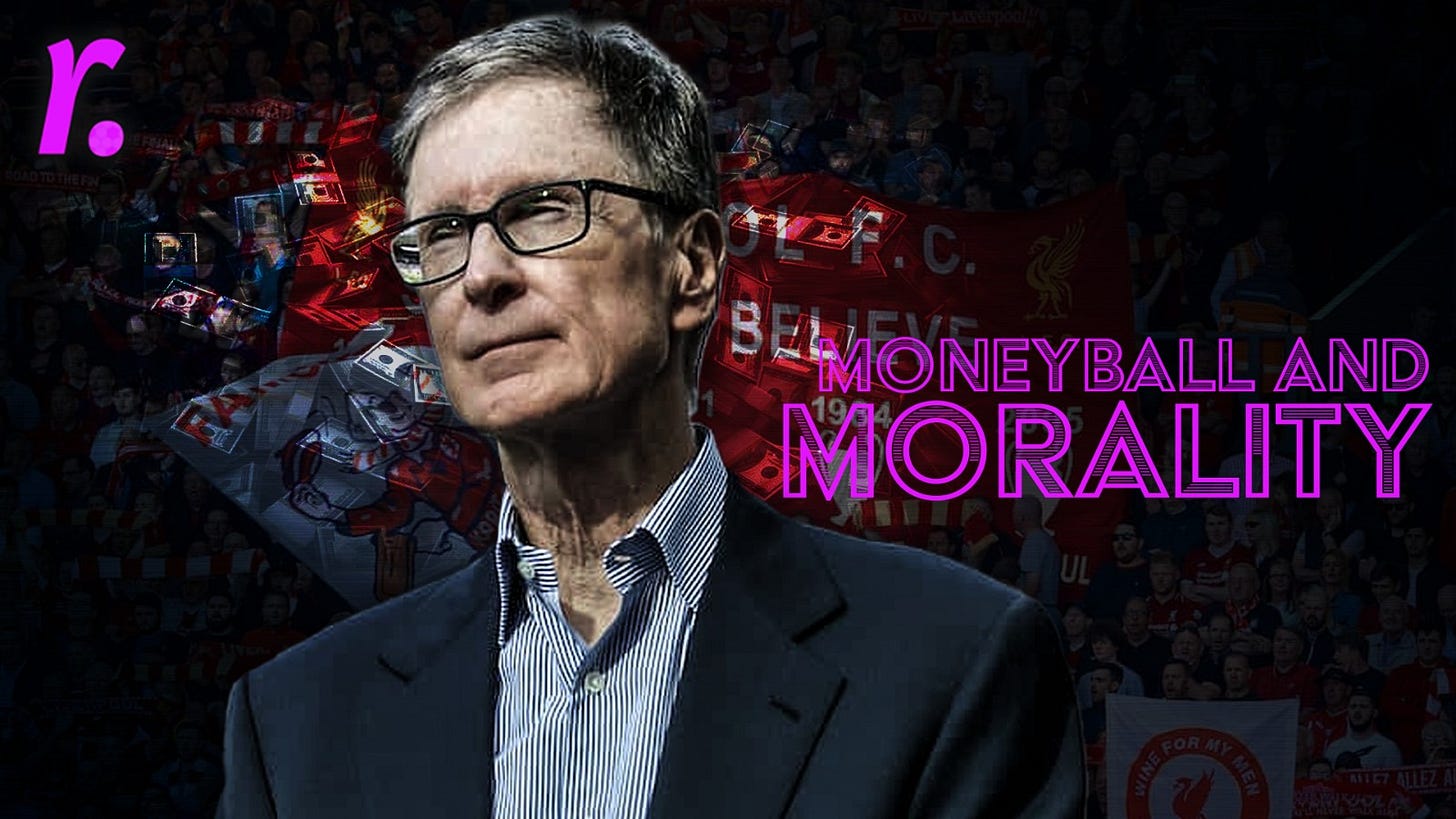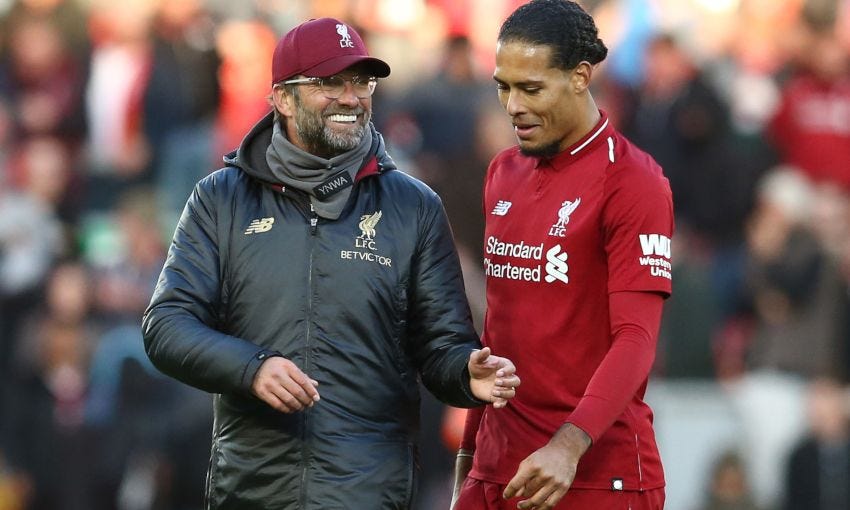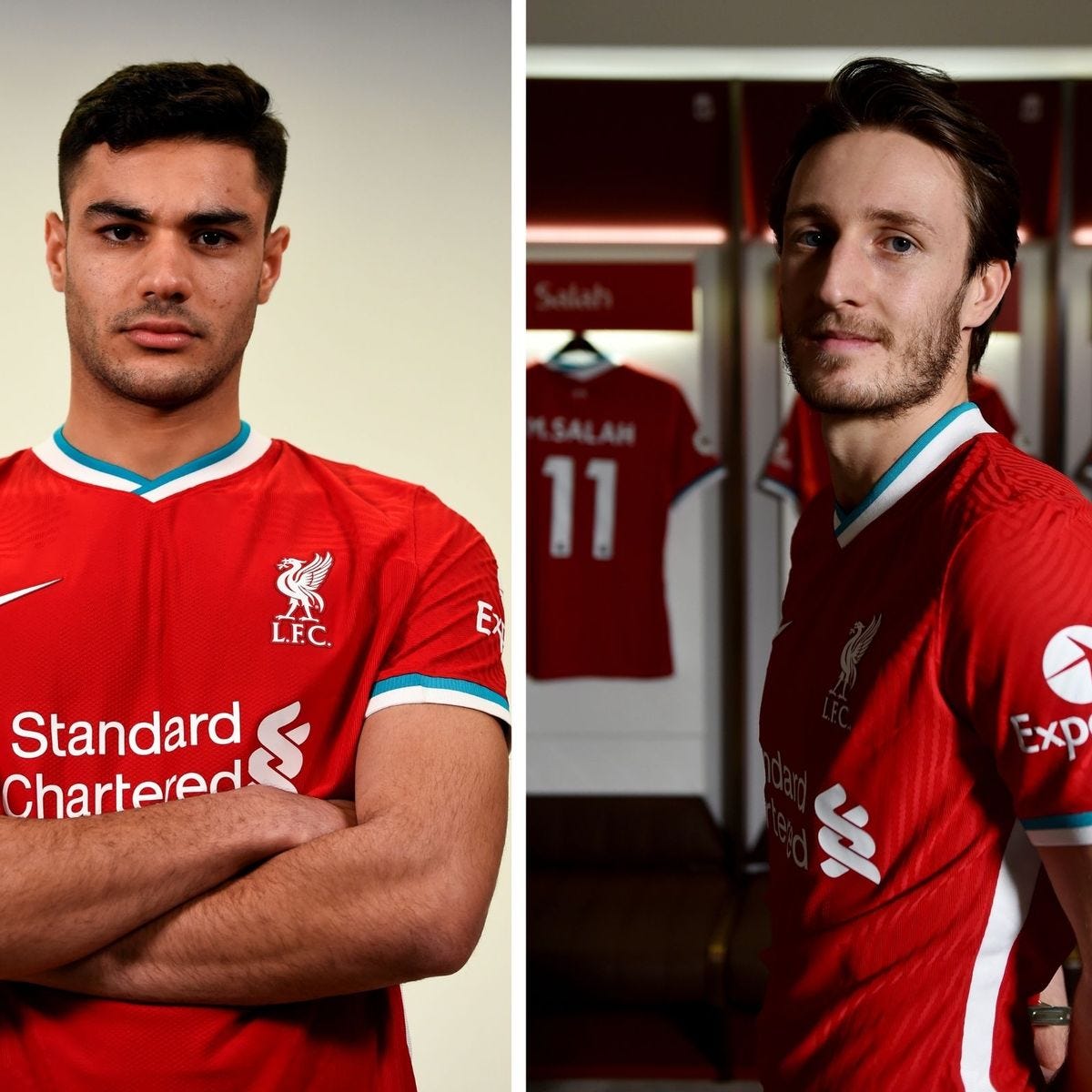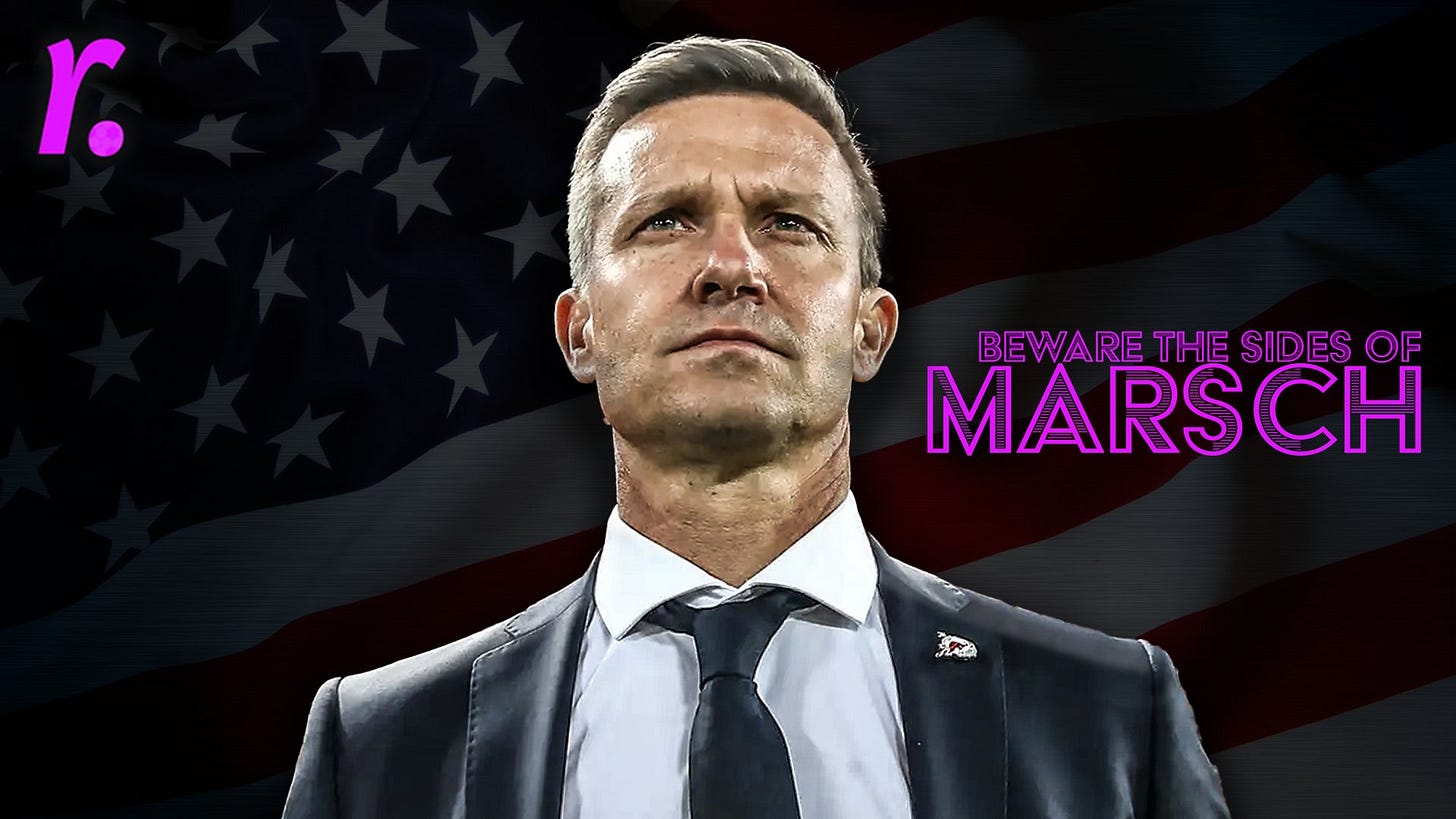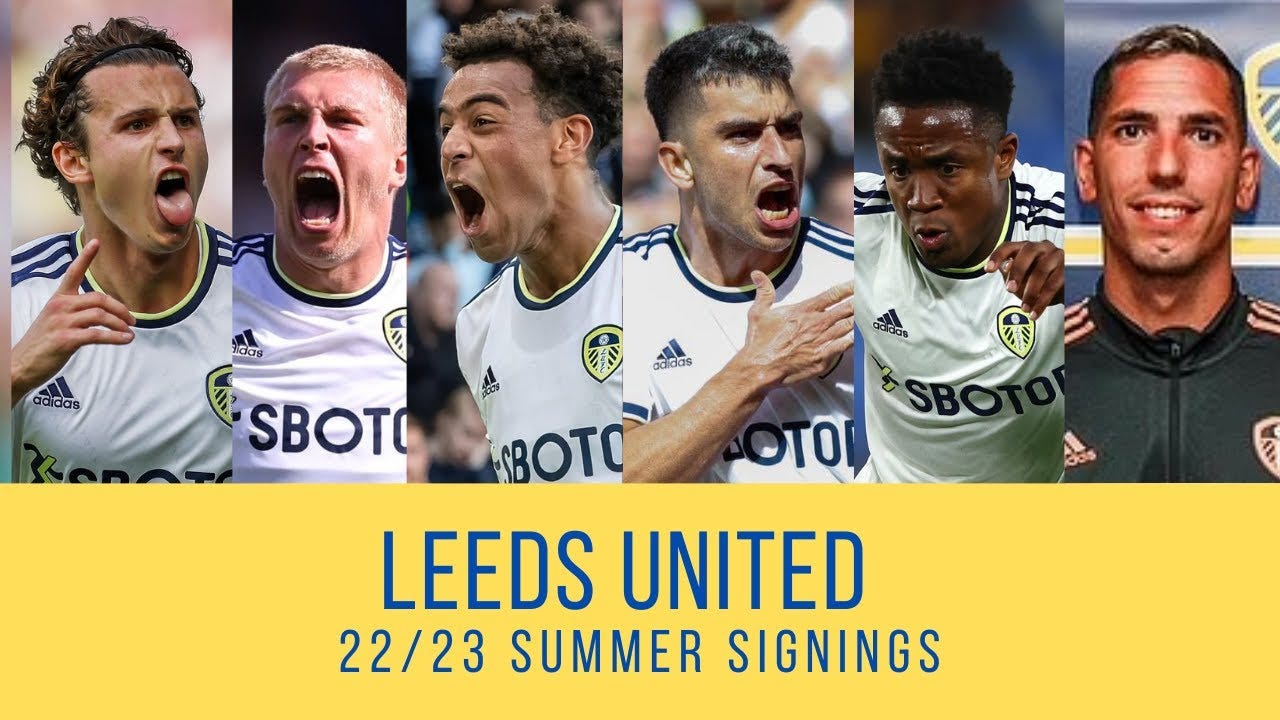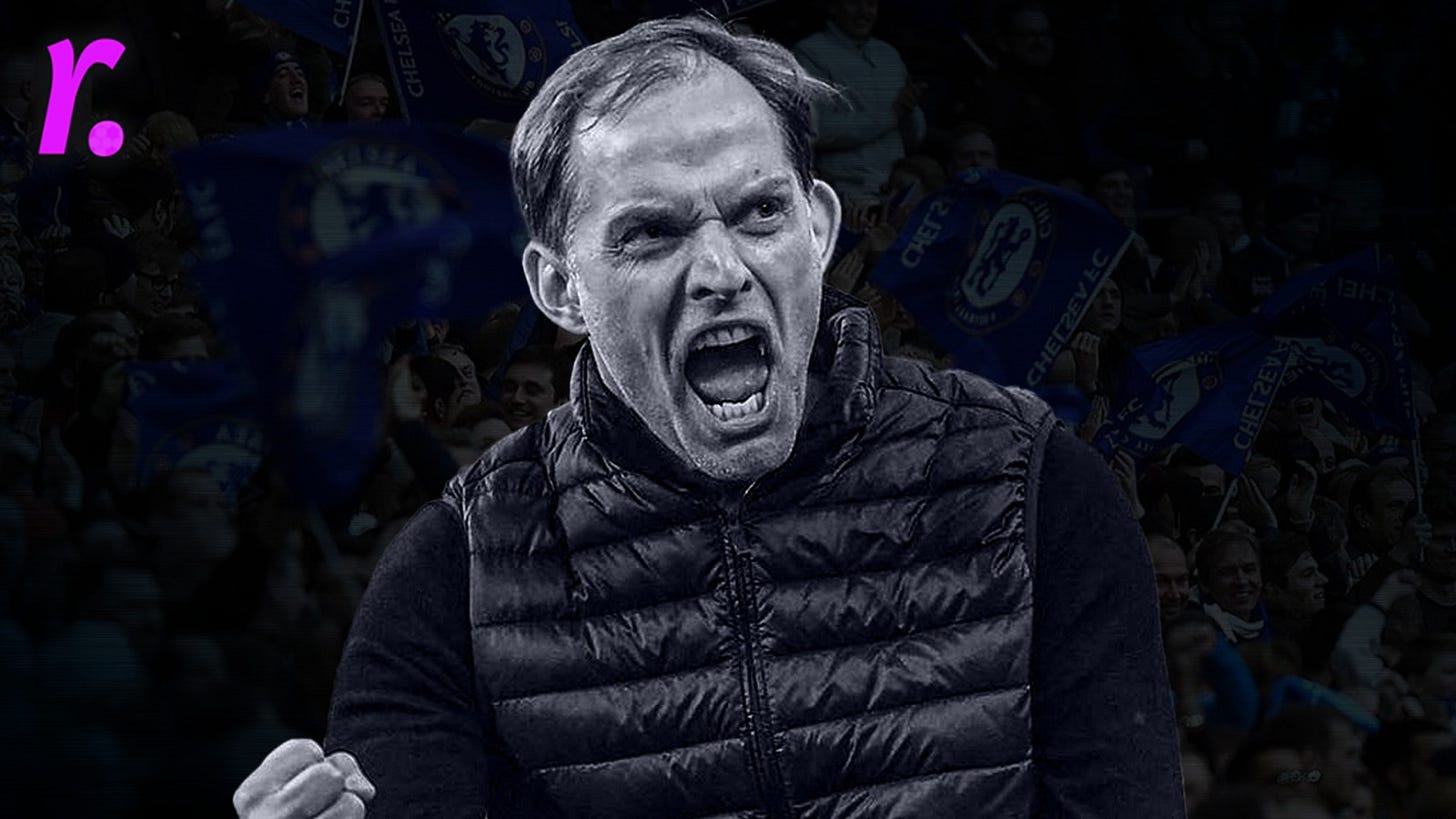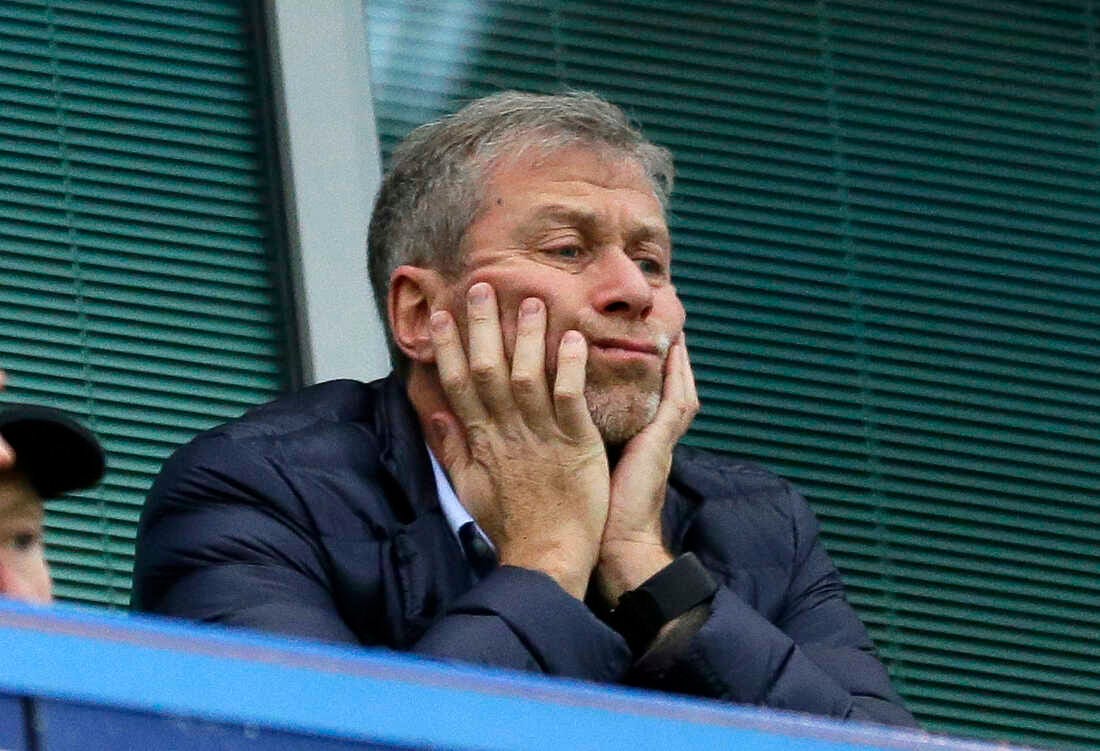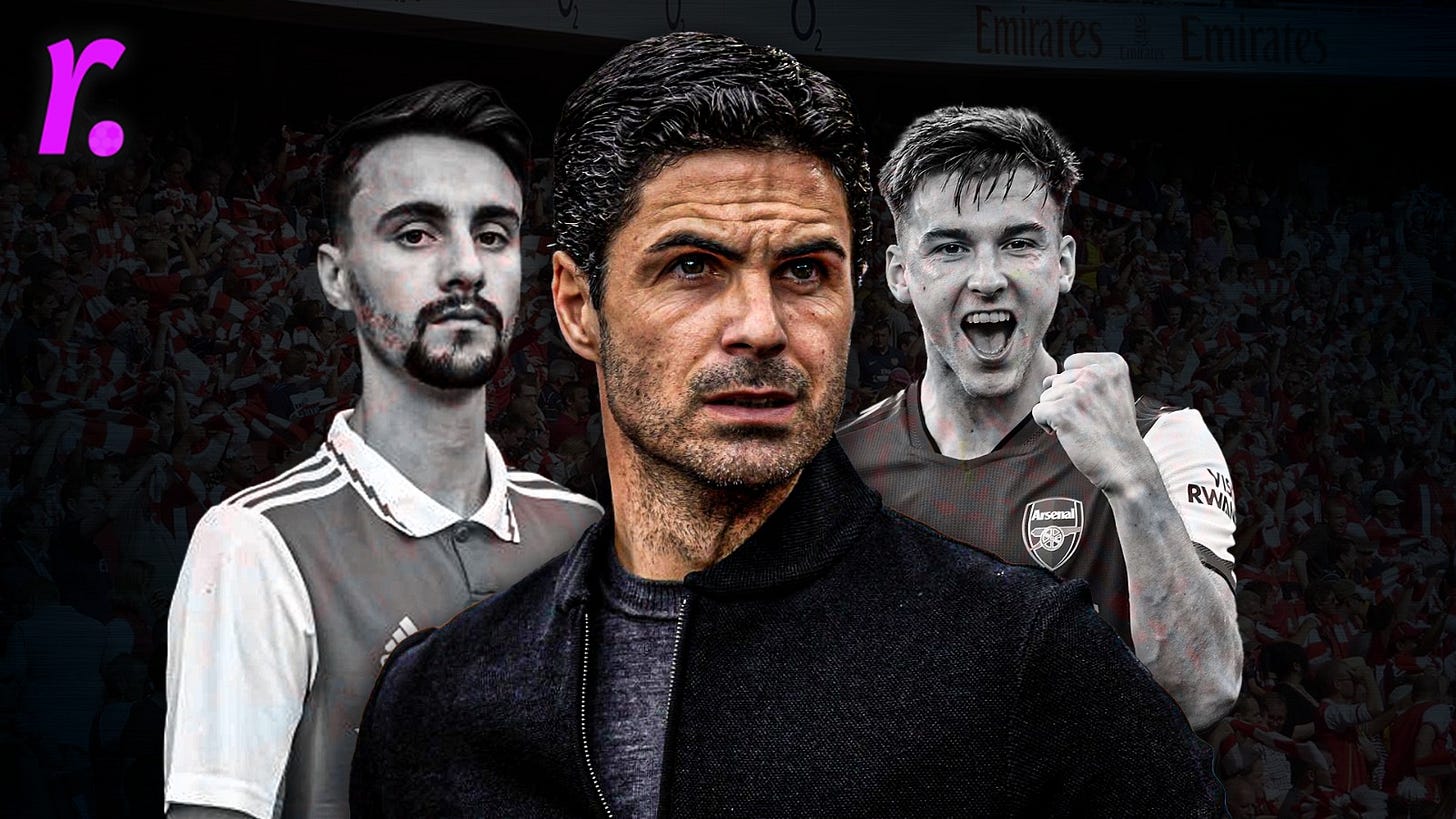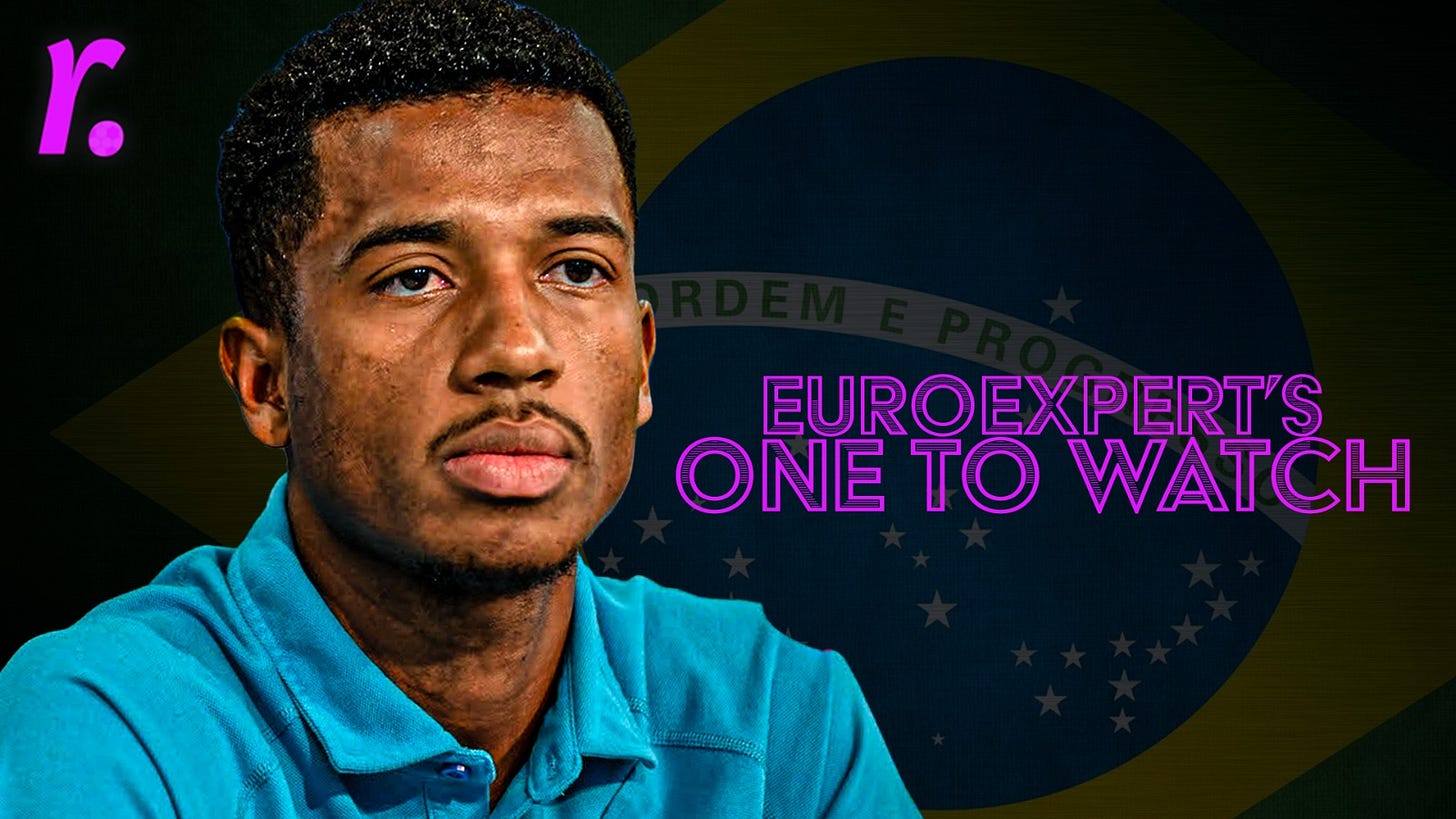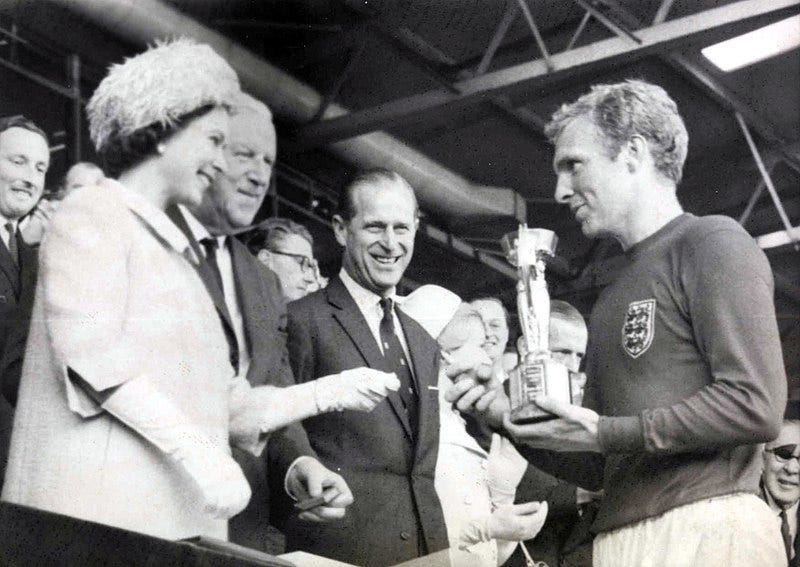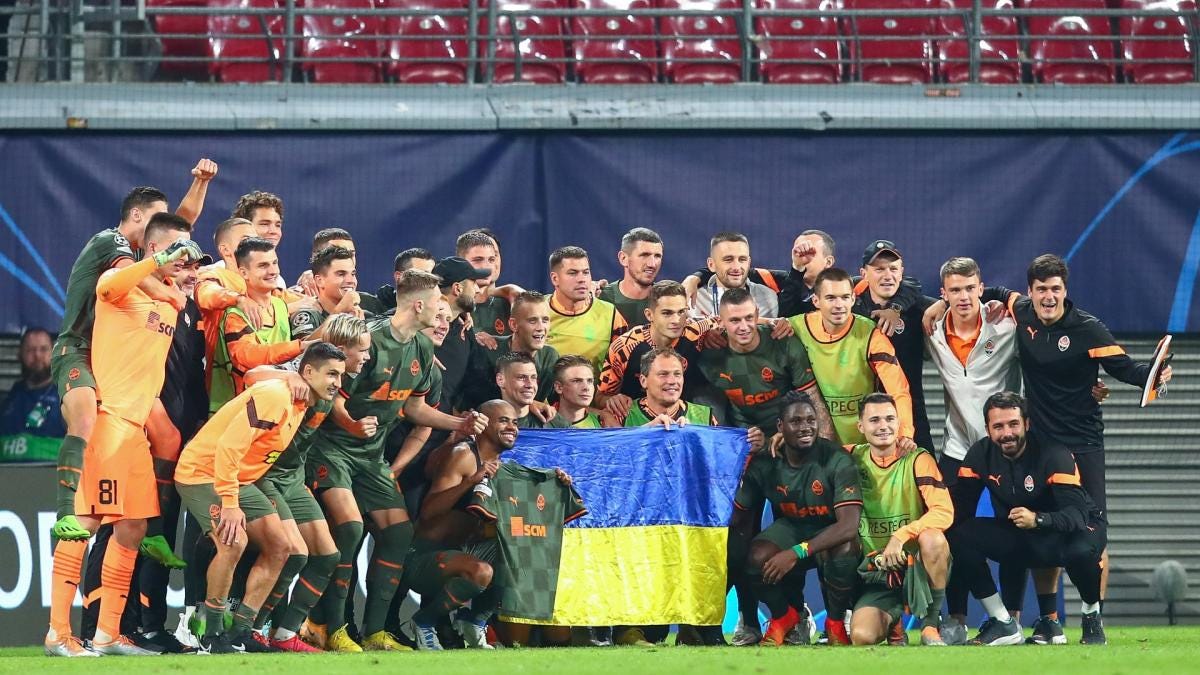Newsletter #001: Liverpool's Moneyball Malfunction, Elland Road: The Land Of The Free, Tuchel Gets Chelsea'd & More...
In this edition of 'Revamp The Game' we focus on the struggles at Liverpool and Chelsea, the American dream at Leeds, Arsenal's insecurities & a look at one of Europe's freshest talents.
#001
Evan headlines #001 with an opinion piece on Liverpool’s transfer strategy and its fragile state. Chris dives deeper into the Jesse Marsch revolution at Leeds. Kieran analyses Thomas Tuchel’s sudden downfall at Chelsea and Jack raises concerns about Arsenal’s squad depth. Rounding us off is The Euro Expert’s ‘One’s To Watch’ in Marcos Antonio and ‘Ömer’s Outro’.
Money, Morality and the Danger Of Being The Smartest In The Room: The Strength And Fragility Of Liverpool’s Recruitment
Evan Gregory
The Smartest In The Room…
For years, Liverpool’s recruitment mechanism was the envy of clubs both large and small. Their rivals watched in increasing frustration as former sporting director Michael Edwards and his team of data nerds consistently turned water into wine in a transfer market increasingly saturated by the endless pockets of the oil industry. Edwards and his team certainly didn’t invent the “Moneyball” recruitment method, but they undoubtedly pioneered this approach at the highest level of the world’s game. For the better part of the last decade, Edwards and co had the upper hand on their adversaries and the rest of the industry were well aware. If the members of Liverpool's recruitment mechanism were feeling the burden of being the smartest people in the room, they certainly weren’t showing it.
In the latter half of 2015, John Henry and Fenway Sports Group decided that Brendan Rodgers had managed his last game at Liverpool. Enter Jurgen Klopp. An elite manager working in tandem with what was quickly becoming a truly elite recruitment brain. In Klopp’s first summer transfer window, he and Edwards took a road well travelled over recent years and identified Southampton’s Sadio Mane as an ideal forward, fit for Liverpool’s new, exciting pressing machine. Later in the window, they would make an opportunistic swoop for Newcastle’s Georginio Wijnaldum, who had scored 11 goals in a season that ultimately ended in relegation for the Magpies. Both Mane and Wijnaldum had been extensively scouted by Europe’s elite during their time in the Premier League, but it was only Edwards and Liverpool who were able to see the world-beating potential of the pair. For a combined £56 million, The Reds signed two of the most important players in their modern history.
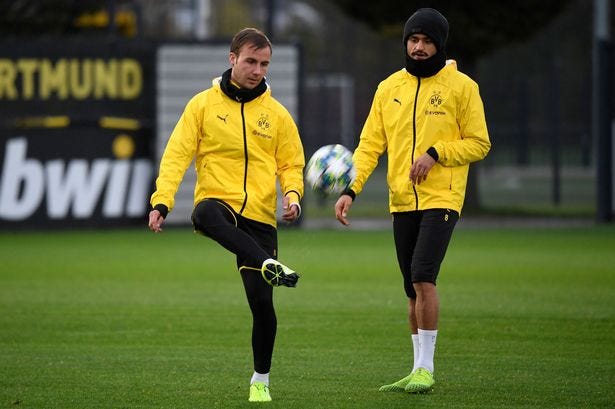
Plan B Isn’t Always “Plan B”…
However, the most important part of this particular transfer window is not that Liverpool got some really f*cking good players; that’s merely the byproduct of a more crucial detail.
Jurgen Klopp badly wanted Mario Gotze. The idea of reigniting his golden child’s career was proving to be very tempting. However, Edwards and his team were able to convince Jurgen that not only was Gotze the wrong target, but he was also the wrong profile. The dynamism, athleticism and relentless availability of Sadio Mane would be a far more natural fit going forward, Edwards claimed. Klopp listened.
This would prove to be a recurring theme on the red side of merseyside.
Jurgen Klopp badly wanted Mahmoud Dahoud. Gladbach’s young midfield technician was attracting a significant amount of attention from both PSG and the Bundesliga’s bigger fish, and Klopp wanted to use his existing German connections to secure the player’s signature. Once again, Edwards and the data lords intervened–for less money, they argued, we could get an equally compelling and more experienced profile in Gini Wijnaldum. He was “Premier League proven” and offered a physical edge that Dahoud lacked. Klopp, once again, listened.
Jurgen Klopp badly wanted Julian Brandt. After the crucial contributions of the fresh-faced Mane and Wijnaldum, Liverpool qualified for the Champions League in Klopp’s first full season at the club. It was correctly decided that it’d be wise to reinforce Liverpool’s attacking options ahead of the forthcoming campaign. Brandt, however, was unconvinced over how often he’d see the pitch, and it was a valid concern. For all of his potential, the young German was not a clear upgrade on the existing front 3 of Mane, Firmino and Coutinho. For the third time in twelve months, Edwards presented what would prove to be a far superior alternative: some bloke named Mo Salah. Fast forward five years and the Egyptian is one Liverpool’s greatest ever players, and boasts one of the most prolific attacking outputs in the history of the Premier League.
Waiting For Your Man…
Despite what was objectively a highly successful 16/17 campaign, there were a few glaringly obvious weaknesses in Klopp’s new-look Liverpool; their centre -back options were (excuse my English) sh*t. But there was this guy at (you guessed it) Southampton who wasn’t sh*t. Everybody and their mother craved Virgil Van Dijk, but after what must have been one hell of a Klopp hug in Blackpool, the Dutchman only wanted Liverpool. This legendary hug would be punished, however. Southampton, bewilderingly, would accuse Liverpool of “tapping up” their man and after an equally confusing media firestorm, Liverpool were forced to tactically retreat, offering a public apology and claiming they had ended negotiations with the player.
The natural thing to do would be to go get somebody else. That’s definitely what the Liverpool fanbase wanted their club to do. The recruitment team certainly had a list of alternative options. Jurgen Klopp didn’t want to do that. Van Dijk was the golden goose; nobody else would suffice. So Liverpool waited for their man. They only had to wait a few months, but they still waited and it was justified. Van Dijk became one of the greatest defenders of his generation, and his signing transformed Liverpool’s defensive spine overnight.
Danger & Fragility…
There is a fragile balance between the two aforementioned themes in Liverpool’s recruitment; how does one discern between when to pivot to a “Plan B” or dig your heels in the sand and wait for a player, given that both approaches have proven to be wildly successful in the past? Who should be the ultimate authority in mediating this delicate marriage?
After reaching the summit of the footballing pyramid, these questions became more pertinent and common in Liverpool’s recruitment mechanism, and the cracks began to appear.
In the 20/21, The Reds were enduring an unprecedented injury crisis; by the time the new year dawned, every single senior centre-back at the club had sustained a season-ending injury. However, Liverpool still found themselves top of the Premier League table. A centre-back signing was necessary to sustain a title charge in an increasingly difficult, COVID-ravaged season. Dejan Lovren had departed for Zenit over the summer, and the club had decided not to replace him, electing instead to utilise Fabinho as a fourth-choice, “break glass” option. There was space in the squad for another defender, even when the likes of Van Dijk, Gomez and Matip returned to the fold. Multiple options were lined up, and Edwards himself was putting the finishing touches on a deal for Marseille’s Duje Caleta-Car, but Klopp and his coaching staff had their heels dug firmly in, apparently waiting for a target that was not presently available. Eventually, an 11th hour short-term loan was brought forward for Ozan Kabak, but the young Turkish defender looked out of his depth in the Premier League, and was unable to help sustain the title charge as Liverpool slid down the table, somehow limping over the line to secure a Champions League spot.
Arguing that a more established centre-back could have maintained Liverpool’s title aspirations is valid, but there’s also an angle in which the “waiting” strategy was justified. Shortly after the season concluded, Liverpool quickly wrapped up a £36 million deal for Ibrahima Konate, implying that this had been informally agreed for a substantial period of time. Konate had an impressive debut season for Liverpool, establishing himself as one of the brightest young centre-backs in world football and looking like a natural fit in a defensive line that was creeping higher and higher.
After refusing to meet Wijnaldum’s wage demands, the most utilised player of the Klopp era was allowed to leave for free. Instead of replacing him, Klopp and his coaching staff internally reinvented the midfield. Gone were the days of the inherently conservative nature of Wijnaldum’s midfield role; Klopp was now pushing his two 8’s higher up the pitch, overlapping his wingers and interchanging space with the central forward. The defensive line behind Fabinho was brought forward to restrict this newfound space that had appeared alongside the Brazilian.
You can’t say it didn’t work; Liverpool’s 21/22 season bordered on perfection–but Klopp brought in no natural replacement for Wijnaldum. He’d taken all of the athleticism and availability out of the engine room and asked the existing midfield core to pick up the slack. Klopp insisted that Liverpool would only move for the right player at the right time. Despite amassing 92 points in the Premier League, Jordan Henderson, James Milner, Naby Keita and Curtis Jones often looked out of sorts in this new right-sided #8 role, while an early and serious injury to Harvey Elliott limited the understanding of Klopp’s midfield vision for the teenager. Whilst their own individual qualities were still able to shine through, there was a general suspicion that both to the eye and on paper, the current box-to-box options were square pegs in round holes. Liverpool began to look vulnerable in transition with their less robust 8’s pushed so high up the pitch, unable to recover as the space behind their fullbacks was continually exploited. There seemed to be a lack of legs in the middle of the pitch, a relatively new phenomenon in the Klopp era. Even though Thiago Alcantara had fully established himself as a crucial midfield orchestrator, his lack of availability was proving to be a growing problem. The athleticism, robustness and athleticism that Wijnaldum brought to the midfield was seemingly needed now more than ever before.
Fast forward to the summer of 2022. If it had been clear to most people that Liverpool needed midfield reinforcements 12 months prior, the issue was now glaringly obvious, a source of constant anxiety amongst the fanbase. Everybody knew it, Klopp knew it and the new Sporting Director Julian Ward knew it.

Liverpool attempted to address the situation early in the window with an ambitious move for Monaco’s Aurelien Tchouameni. The dynamic midfielder would have ticked multiple boxes for Liverpool; here was a guy who was physically dominant, could play as a holding 6 or a roaming 8 and had the potential to be a future world-beater. His profile was rare and he was on the market, but the vacuum created by Mbappe’s decision to stay at PSG left Real Madrid with a fortune burning in their pocket, so they swooped for Tchouameni’s signature and Liverpool lost the battle. The Red’s also attempted to prise Jude Bellingham away from Dortmund, but this was quite the long-shot considering Dortmund had already let Erling Haaland depart for Man City earlier in the window. The German side predictably did not budge from their “not for sale” stance over the young Englishman. It was time for Plan B.
Or so it wasn’t. Despite being presented with numerous alternatives by the same recruitment system that had only ever delivered gold to his doorstep, Klopp refused to compromise on anything less than a player named Aurelien Tchouameni or Jude Bellingham. Fans and members of the recruitment team alike watched in frustration as numerous attractive midfield options went to other members of Europe’s elite.
On opening day at Craven Cottage, in a moment so disappointingly predictable that one could only laugh, Thiago limped off at halftime with an apparent hamstring injury. Naby Keita was already carrying a mysterious injury (surprise) that was serious enough to keep him out of Liverpool’s registered Champions League squad. A few weeks later, Jordan Henderson, the most used midfielder of the previous season, was ruled out of action with a hamstring injury. With eight points from their opening five Premier League games, Liverpool reentered the transfer market in a situation that felt eerily similar to that nightmare January window 18 months earlier.
It was very late. The prime options had long since moved to other clubs or signed new deals. Liverpool admittedly did well to recruit Arthur Melo on loan, a player with experience at the highest level who, despite becoming out of favour at Juventus, could be expected to make a tangible difference this season. The pickings were slim. The recently closed transfer window left a bitter taste in the mouths of many fans. For them (and for the author of this article) the summer had felt like not only a missed opportunity to build from a position of strength, but negligence towards mandatory refreshments.

It seems now that every midfield option at Liverpool, barring maybe Fabinho, falls into one of three undesirable categories:
1) Not available enough
2) Inexperienced/Unproven
3) Not up to the standard
Where each player falls into these categories specifically is subjective, but none of them fully escape any one of these three labels.
Liverpool are waiting for Jude Bellingham. Whether this approach is justified remains to be seen, but it’s apparent that Liverpool are going into this new season severely under-equipped. Klopp and his coaching staff did not compromise this summer, despite the numerous alternatives, despite the proven hit rate of the recruitment mechanism that backs them.
In a post-Michael Edwards world, is this culture of compromise dead? Can Julian Ward unite the two camps in the way his predecessor did so effectively? Can Liverpool, who were for so long the smartest people in the room, be smart enough to remember how they got to where they are?
Evan Gregory (@SawkurGod)
Beware the sides of Marsch - Jesse's growing impact on a global Leeds
Chris Stonadge
Marcelo Bielsa is a genius.
Many managers across this generation herald the Argentine in such high regard and cite his methods as their own inspiration. Pep Guardiola, Mauricio Pochettino and Jorge Sampaoli only scratch the surface of those connected to his long line of disciples.
“My admiration for Marcelo Bielsa is huge because he makes the players much, much better,’ Guardiola once said of the ex-Leeds United manager.
“Still I didn’t meet one guy, a former player from Marcelo Bielsa who speaks no good of him. They are grateful about his influence on their careers in football. He helped me a lot with his advice. Whenever I speak with him I always feel like he wants to help me. He’s the best coach in the world.”
The impact he had in West Yorkshire was somewhat meteoric; so much so that when he was relieved of his duties, it left an emanating footballing crater to be filled.
Born in Racine, Wisconsin, Leeds found their man across the pond.
It is fair to say that Americans don’t receive much love from the British contingency of football fans. After all, they have a different name for the sport. ‘Football’ isn’t even prominently played with feet in the States, whilst Basketball, Baseball and Ice Hockey remain top-tier franchise sports ahead of Soccer.
The tide is changing, though - and many will argue it already has. The United States is now a hotbed for some of the top talents in world football, and Major League Soccer a breeding ground for future stars.
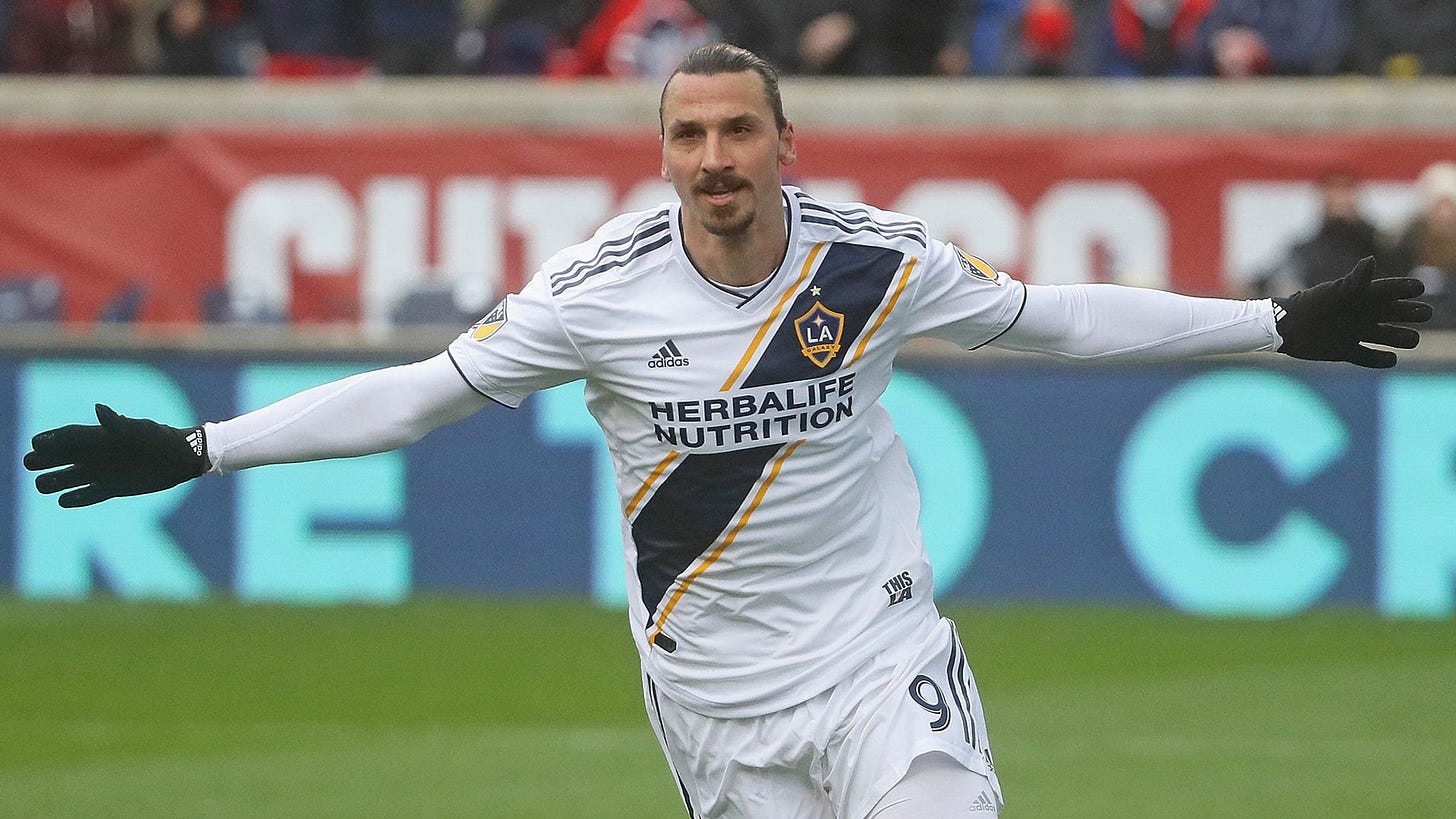
Originally, the league was dubbed a retirement home for older players to pick up a final pay packet. David Beckham, Steven Gerrard, Zlatan Ibrahimovic and Wayne Rooney have all played in the league, alongside many other household names in the sport.
Despite this being an unsustainable model alone, it has increased the audience and funding put towards the domestic game with the World Cup set to be held there in 2026.
This audience is growing greater. And at a perfect time, the new generation have one of their own to look up to in the world’s most watched league.
Jesse Marsch - the country’s most prominent coach, tasked with saving Leeds United from relegation to the Championship.
Marsch was already a well-known prodigy to keen US Soccer fans and those in Europe, having enjoyed a fruitful spell with Red Bull Salzburg and a disappointing period with their sister side, Leipzig.
(Above is a fascinating insight into one of Jesse Marsch’s team talk’s for RB Salzburg)
Bob Bradley is the only other American to manage in the Premier League, but a miserable spell at Swansea ended in 2016 after picking up just two victories in 11 matches.
Comparisons to both Bradley and comedic fictional coach Ted Lasso were made, and the embedded discrimination toward the knowledge of American soccer coaches dominated headlines and social media.
“There’s probably a stigma. I’m not sure Ted Lasso helped,’ Marsch said on appointment.
Sure enough, the 48-year-old would maintain their top-tier status - with a 3-2 comeback win at Wolves the pinnacle of their escape.
He was entrusted with a mini-war chest this summer too, in an attempt to overhaul a squad so steeped in Bielsa’s image.
Raphinha and Kalvin Phillips left as two jewels in the crown, aiding the funding of six fresh, young signings across the squad.
Darko Gyabi, Rasmus Kristensen, Marc Roca, Luis Sinisterra, Tyler Adams and Brenden Aaronson all arrived at Elland Road, with the latter two also heralding from the States.
The Whites have had a decent start to the campaign, too, picking up eight points from their opening six games. A 3-0 win against Chelsea stole the headlines for Marsch & co.
This would only enhance the attention from the country, and such was the demand that Leeds were chosen over all of the traditional top sides to be shown free on NBC at prime time.
Revamp The Game spoke to US Soccer expert Anthony Jack, who gave us the lowdown on how much Marsch could impact Leeds’ global standing in the ‘land of the free’.
“Before Marsch, there wasn’t much interest for Leeds in the US. Obviously, there were some talks of them due to legendary manager Marcelo Bielsa, and also the investment from San Francisco 49ers, but there was barely any following.
“There were some disrespectful comments from English media and fans on him just because he’s American. There were also comparisons with Bob Bradley.
“The situation was different because Bob was brought in by American owners in a desperate attempt without any research. He was only given several games and no transfer window. He was always going to fail. Also, he wasn’t ready for such a big job. Marsch has managed in the Bundesliga with Leipzig and in the Champions League with Salzburg, so at least he had somewhat of an experience managing at the top level.”
“Guys like Clint Dempsey, Tim Howard, and Brian McBride already paved the way in the past. So with the success of Aaronson and Adams, more will come to England.
When asked if Leeds could become the most popular side in the States, Jack said: “The TV channels choose games they think will have the best rating. So if more Americans are watching Leeds ahead of the big boys, they will stick with showing Leeds games instead of putting it behind a paywall, meaning more fans will watch Leeds and start supporting them.”
Jesse Marsch’s impact on the pitch may become vital for the Whites - but his impact off it may be far greater.
Chris Stonadge (@ChrisStonadge)
Thomas Tuchel: From Champions League winner to Chelsea ex-manager
Kieran Roy
What went wrong for the man who won the biggest trophy in club football, only to be sacked a little over a year later?
When Thomas Tuchel took over Chelsea in January 2020, the West-London side were in a desperate position. Languishing down the table in 9th place, Tuchel faced the difficult task of taking over as head coach from the much-loved club legend Frank Lampard, and ensuring the club solidified their place in the Champions League by finishing inside the top four.
Tuchel went above and beyond these ambitions. The German transformed what was previously a leaky defence into one of the strongest in Europe. Players who had struggled to find a place in the side under the last manager became among the best in the world under Tuchel, Antonio Rüdiger being a prime example. Chelsea’s defence was so, in fact, the side set a record for the least amount of goals conceded in a Champions League season by a winning side (4), of those goals, under Tuchel’s management, Chelsea conceded only two.
Their road to the Champions League was no easy task either, Tuchel’s side saw off the likes of Atletico and Real Madrid, as well as a 1-0 victory against Manchester City in the final. Tuchel’s incredible Champions League win saw him, as well as many of his players honoured at The Best FIFA Football Awards in 2021, with Édouard Mendy winning the best goalkeeper award, Jorginho coming in 3rd place for the best player award, and Tuchel himself winning the best coach award.
Tuchel was regarded as a cup specialist during his time at Chelsea, winning the Champions League, Super Cup, and Club World Cup. The German also took his side to two FA Cup finals and a Carabao Cup final. In fact, the only cup competition where Tuchel lost before the final was the 2021/22 Champions League, where Chelsea were knocked out in extra-time in the semi-final by eventual winners, Real Madrid.
Tuchel seemed to love working for Chelsea, and the Chelsea fans seemed to love Tuchel as Head Coach, so how did this apparent perfect match end in ruthless fashion so quickly?
There could hardly be a more difficult position to be put in as a manager than being questioned about the future of the club he works for, due to the outbreak of the first war in Europe since the ending of the Second World War. That is exactly what Thomas Tuchel faced, however, when Vladimir Putin began his invasion of Ukraine in March 2021.
From that point on, everything was up in the air for Chelsea and Thomas Tuchel. Previous owner Roman Abramovich was forced to put the club up for sale, after he faced economic sanctions from the UK Government for his links with the Russian Government. Chelsea’s financial revenue streams were stopped, as the club were obligated to close the club shop, ticket sales were banned, and sponsors wanted to removed their logos from Chelsea’s shirts due to the clubs links with Russia. The club was in real danger of folding.
What really was a disaster specifically for Tuchel, however, was the fact that the club could not renew player contracts, or operate in the transfer window until a new owner was brought in. When American billionaire Todd Boehly, backed by a consortium bought the club for a record £4.25 billion fee there seemed to be some light at the end of the tunnel for Tuchel and his side. Due to the complexity and amount of time spent to complete the deal, however, Chelsea’s squad took a significant hit.
Players who had become key to Tuchel’s defensive setup, in Antonio Rüdiger and Andreas Christensen, left the club on free deals, and replacements weren’t fast coming. Chelsea only announced their first summer signing in Raheem Sterling in mid July, a month before the start of the season. Defensive reinforcements eventually came in the form of Kalidou Koulibaly and Wesley Fofana, however, Tuchel did not have a significant amount of time to coach these two players, with the latter only joining the club at the end of August.
According to media reports, tensions between Chelsea’s new owners and Tuchel were already beginning to bubble during pre-season. Boehly oversaw a complete dismantling of the hierarchy of the club whilst Abramovich had been owner. Marina Granovskaia who had been at the club for over ten years, as well as club legend Petr Čech who worked as a technical and performance advisor, had both worked closely with Tuchel over the previous seasons. Both left the club after Boehly took charge.
With no permanent Director of Football put in place, Todd Boehly took over this role. It is believed the American wanted to work closely with Tuchel to comb through potential options in the transfer market, to find players that suited the German. Tuchel, however, seemed much more focused on doing his primary job, being a coach. There have been suggestions that Boehly and his consortium struggled to get in contact with Tuchel at times when they wanted to discuss potential signings, something that did not go over well with the new owner.
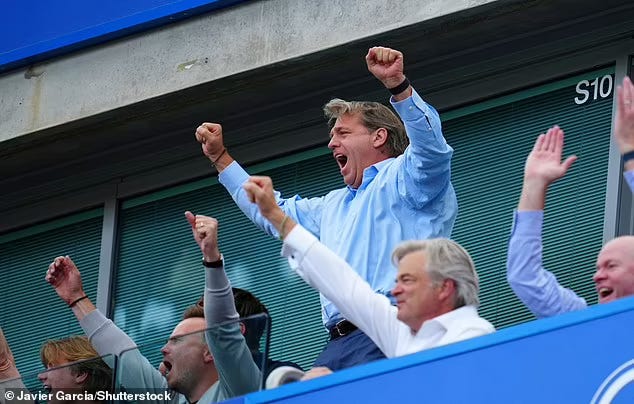
Further from this, on the pitch Tuchel’s record began to show further signs to the fresh Chelsea hierarchy that he may not be the manager to lead the post-Abramovich Chelsea forward. Since December 2021, the Blues record in the league had become something of a concern. In 31 games, Chelsea had managed only 15 wins. The strong defensive foundation that Tuchel had created when he joined the club seemed to collapse, keeping only nine clean sheets in this time.
Tuchel will point to key injuries derailing his side. Ben Chilwell suffered a serious injury that put him out for almost a year, with only Marcos Alonso to replace him for the second half of last season. Key players such as Reece James, Mateo Kovačić and N’Golo Kanté have all suffered sporadic injuries throughout this time and had left Chelsea’s midfield looking particularly vulnerable at times.
In the past, managers at Chelsea have fallen victim to player power forcing them out of the club. Mourinho’s second stint at the club a prime example, where Hazard, Costa and Fabregas were branded as snakes by some Chelsea fans after the Portuguese manager departed the club. There seems to have been elements of this at play with Tuchel’s sacking. Players who has been pushed to the fringe of the club, such as Pulisic and Ziyech seemed to have all but given up on Tuchel, putting in poor performances whenever on the pitch. This was not an isolated issue, however. Mainstays in the starting side like Mount and Havertz have struggled to have any attacking impact at the start of this season. Chelsea’s shock 1-0 loss in the Champions League to Dinamo Zagreb proved to be a tipping point for the new club owners.
With the incoming Graham Potter as manager, it is believed that Boehly is looking for someone to work with more closely than what he was able to do with Tuchel. Potter has signed a five year deal with the club, with suggestions that even a failure to secure Champions League football next season would not see the English manager sacked.
For Tuchel, however, he has fallen as yet another victim to the managerial roulette wheel that has spun at Chelsea since Roman Abramovich purchased the club almost 20 years ago. With new owners at the club, it was believed that there would be a new approach to how the club operates, but Tuchel and Boehly’s tense relationship, combined with a shaky start to the season, led to the sacking of the German. Another big piece of the Abramovich era has been removed, as Boehly looks to further disassociate himself from Chelsea’s previous owners.
Kieran Roy (@KieranRoy1)
Headline: How Much Depth Do The Gunners Have In Their Arsenal?
Jack Abela
Arsenal beat a stubborn FC Zurich 1-2 last Thursday night, in a tense game in which Mikel Arteta explored the Gunners new signings and squad depth.
It was not an easy win, however, won it was. So, how much depth does this Arsenal side really have and how far can the team go?
The stand out star on the night for Arsenal was Brazilian youngster, Marquinhos, who provided a goal and assist on his debut.
It was a superb finish for his first goal, guiding the ball effortlessly into the top corner having got on the end of Eddie Nketiah's cross.
In the second half the 19-year-old returned the favour for Eddie, and crossed a delightful ball onto the head of his striker to give Arsenal the lead for the second time.
Fabio Vieira was another new face starting the game in Switzerland. The 30m signing from Porto took up a similar role to Arsenal captain Martin Ødegaard, finding space in the right-hand pocket between the midfield and defence. The Portuguese playmaker seemed to enjoy a lot of time on the ball and he dictated the play well, always looking to inject pace into an attack.
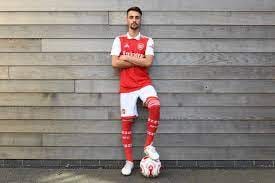
It had been a disappointing end to the transfer window for the fans of North London's red side. With many supporters expecting a deadline day addition, no deal could be struck in time, despite late bids for Aston Villa's Douglas Luiz.
It is widely believed that Edu was hoping to secure a winger on deadline day. Arsenal had been strongly linked with Shaktar Donetsk's highly rated attacker Mykhaylo Mudryk (who has recently spoken about his admiration of the Gunners) and Barcelona's Ferran Torres.
However, due to an injury Mohamed Elneny sustained against Fulham, and with Partey already out, the Brazilian Technical Director changed the plans and decided more cover was needed in midfield.
The last-minute shake-up did not prove fruitful and 24 hours was too little time to convince Aston Villa to sell Douglas Luiz, despite three deadline day bids from the Gunners.
Nevertheless, Mikel Arteta has said he is happy with the signings Arsenal have made. The two stand-outs so far have been ex-Manchester City duo - Gabriel Jesus and Oleksander Zinchenko.
The pair have impacted the starting 11 beyond belief. Jesus' dynamism, work rate and goal threat has left fans in awe of their new number nine, who has already bagged three goals and three assists in six games this season.
Zinchenko has helped change the way Arsenal retain the ball. Out of possession he appears to take up a standard left back role, but in possession he plays an inverted position and acts as an extra midfield player, moving the ball around effortlessly. So far, the Ukranian full back has kept fan favourite Kieran Tierney on the bench.
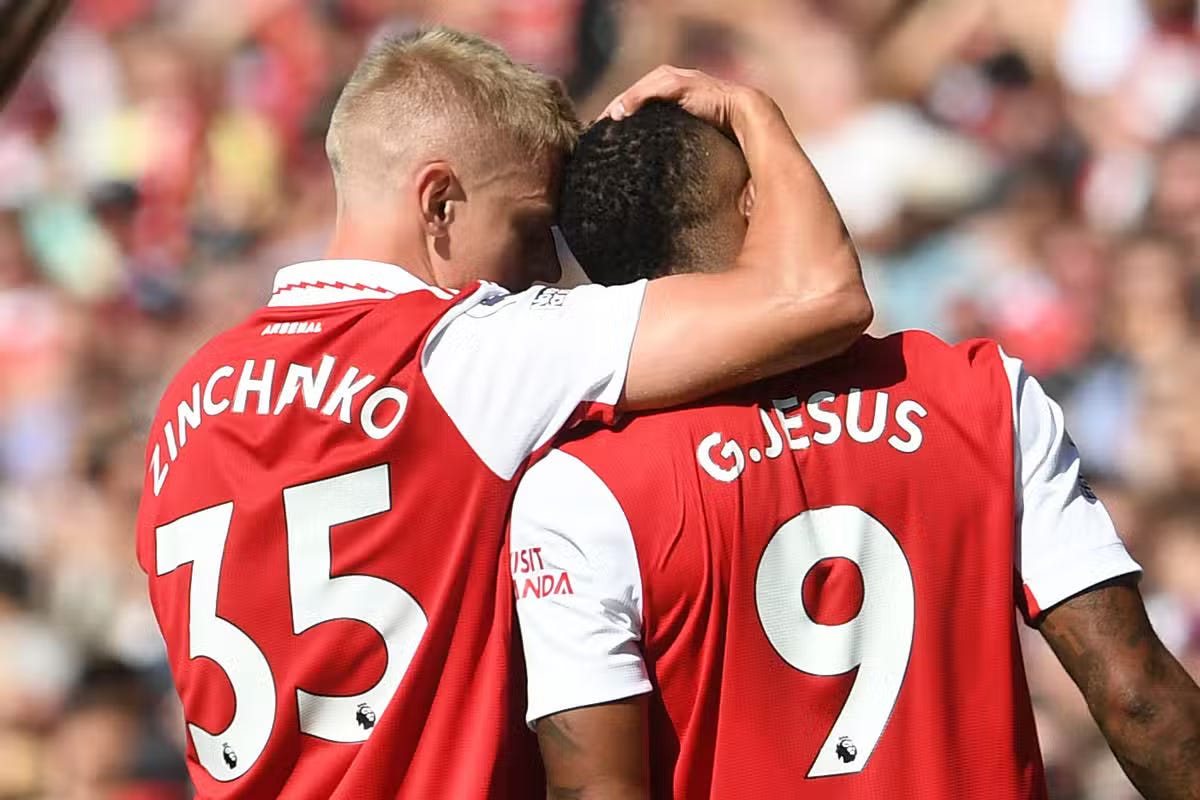
Although, against FC Zurich we saw the Scot play the role to good affect, as well as offering sprints down the line.
With the new signings strengthening the first 11 and encouraging signs from Vieira and Marquinhos, Arsenal could be in with a strong chance of finishing in the top four. However, the squad remains thin, and even a couple of injuries to any of Arteta’s star attackers could put a significant strain on the gunner’s Champions League and dare I say it Premier League hopes.
Jack Abela (@JackGAbela)
THE EURO EXPERT’S ONE TO WATCH: MARCOS ANTÔNIO
Alex Barker
Alex (The Euro Expert) gives a heads up about one of the most exciting prospect’s in European football. Expect there to be greater commentary and depth regarding Marcos Antônio’s arrival into Serie A but for now enjoy this overview and the video clip at the end!
There are many reasons to watch Lazio this season: Maurizio Sarri is
enjoying a second season at a football club for the first time since
joining Napoli over seven years ago. Sergei Milinković-Savić, fresh off of contributing to 21 goals and assists last season, is once again running the attack from deep.
One new signing though, Marcos Antônio, the Brazilian midfielder from Shakhtar Donetsk, is making an early impression. He started the match on Sunday against Hellas Verona playing in the regista role for Sarri. Just one player completed more accurate passes. He finished joint top for clearances too, even though the
22-year-old stands at just 5ft 5.
He was subbed off after 64 minutes as Lazio chased down their eventual
2-0 victory, but he looked assured and in command in his first Serie A
start. He may have the build of a N'golo Kante, able to charge around
and win the ball, but the Brazilian prefers to lightly jog and
maintain his position. When needed though, he charges into the backs of opponents and nips in to win the ball. His short stature helps him accelerate quickly and
when he has the ball, protect it smartly.
As an avid European football watcher, this game stood out just through
his presence. Keep an eye out on the mini magician this season,
because for a player who only moved to Europe this summer after at
torrid 2022 in Ukraine, he looks remarkable.
(Above is a video compilation of Marcos Antônio demonstrating his talent at Shakhtar Donetsk)
Alex Barker (The Euro Expert) (@EuroExpert_)
Ömer’s Outro:
Hey guys, thank you for tuning into #001. Before we wrap this up, i’d like to say a big thank you for all your support with the ‘Revamp The Game’ project, to have so many of you subscribe to the newsletter and follow us on twitter before launch is truly moving. To see a mere idea of mine come to life in this manner feels surreal beyond belief. I want to give a special shoutout to Chris, (@ChrisStonadge ) and Alex (@EuroExpert_) my fellow Co-Founder’s, without their skill and expertise in the industry, this would not have been possible. Also, a big thank you to our committed and highly talented roster of creators: Evan, Kieran, Jack, Kaustubh, Ben, Umir & Samuel (Squeeze). Each of these guys provide their own unique perspectives on football and this diversity and range is what I feel will make us stand out as the #1 Newsletter for football analysis and opinion.
Before I leave you, I would like to briefly touch on the significant events of this week. I would like to express my condolence’s to Queen Elizabeth II and her family during this tough time. Having witnessed England’s finest day in football, The 1966 World Cup Final, it is fair to say the Queen lived throughout a time of immense change in English and world football. Moreover, a special mention must go to Shakhtar Donetsk who produced the performance of the week in a 4-1 drubbing away at RB Leipzig in Gameweek 1 of the Uefa Champions League. Despite being an invaded nation at war, Ukrainian football has carried on and this result will have brought a feeling of pride and joy to those supporting back home. It was even more fitting that rising star and Ukrainian Midfielder, Mykhaylo Mudryk, starred with a goal and two assists. Watching this man play is quite simply an art and I encourage you all to keep a close eye on his progress, for he is destined for footballing stardom.
Thank you, keep safe, enjoy the coming week of football and see you next week!




